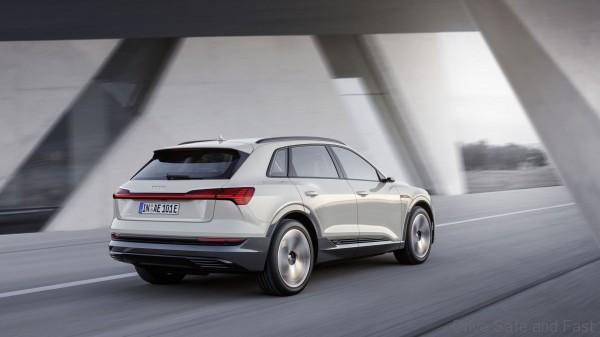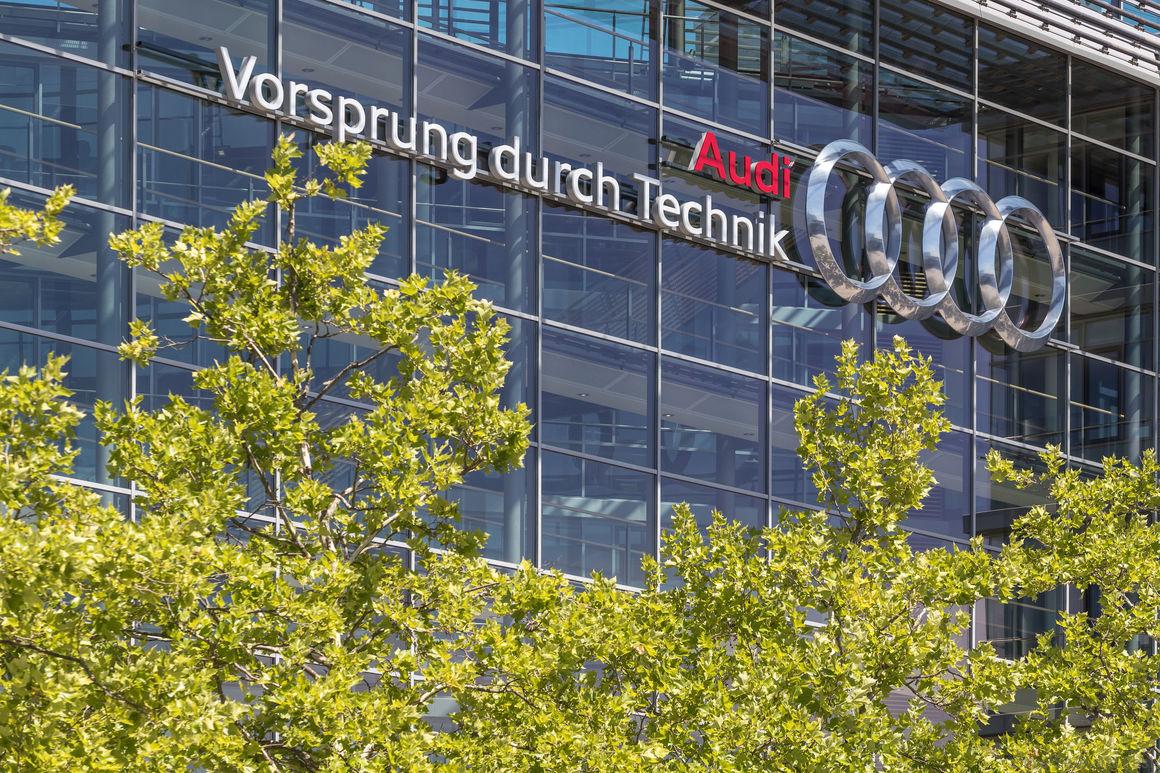Audi and Umicore have successfully completed phase one of their strategic research cooperation for battery recycling. The two partners are developing a closed loop for components of high-voltage batteries that can be used again and again. Particularly valuable materials are set to become available in a raw materials bank.

Already before the start of the cooperation with Umicore in June 2018, Audi had analyzed the batteries in the A3 e-tron plug-in hybrid car and defined ways of recycling. Together with the material technology experts, the car manufacturer then determined the possible recycling rates for battery components such as cobalt, nickel and copper. The result: In laboratory tests, more than 95 percent of these elements can be recovered and reused.

The partners are now developing specific recycling concepts. The focus is on the so-called closed-loop approach. In such a closed cycle, valuable elements from batteries flow into new products at the end of their lifecycle and are thus reused. The Ingolstadt-based company is now applying this approach to the high-voltage batteries in the new Audi e-tron electric car. The aim is to gain insights into the purity of the recovered materials, recycling rates and the economic feasibility of concepts such as a raw materials bank.

For Audi, battery recycling is a key element of sustainable electric mobility. From the extraction of raw materials to the CO2-neutral e-tron plant in Brussels to the recycling of components, the premium brand is committed to environmentally compatible concepts along its entire value chain

